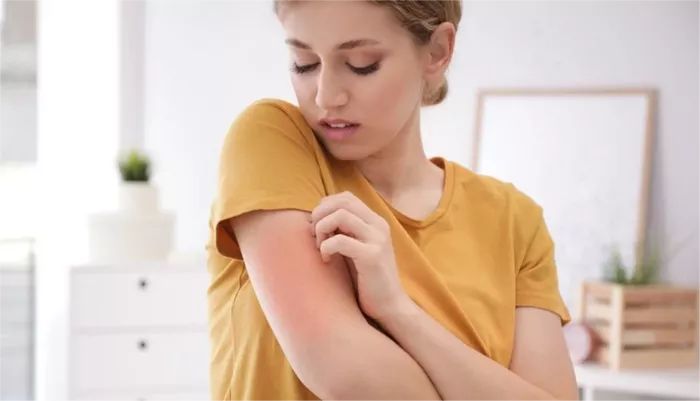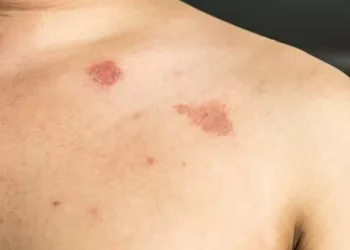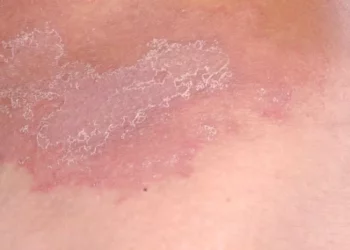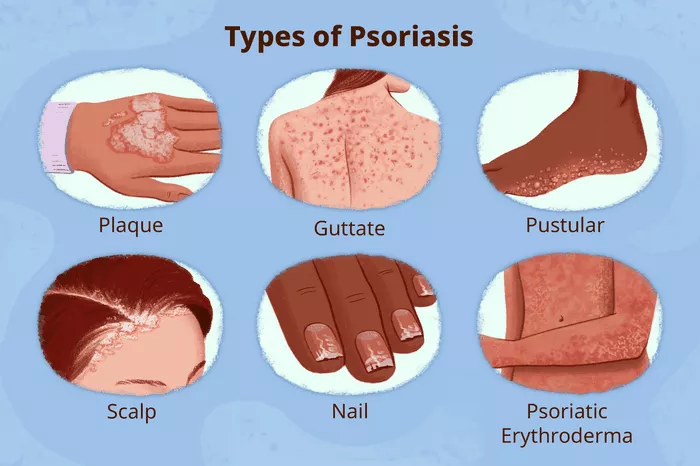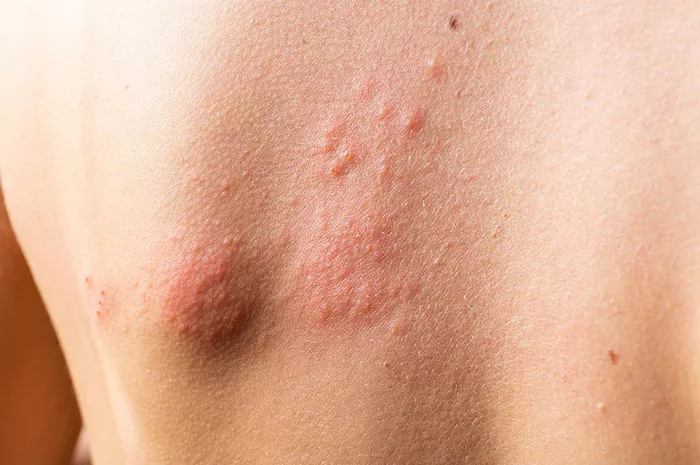Ringworm, despite its name, is not caused by a worm but rather a fungal infection that can affect the skin, scalp, and nails. This common condition, medically known as dermatophytosis, is caused by various species of fungi known as dermatophytes. Among the many questions surrounding ringworm, one of the most pertinent is whether it can spread through touch. Understanding the modes of transmission of ringworm is crucial for effective prevention and management. In this article, we delve into the contagious nature of ringworm and explore whether it can indeed spread by touch.
What is Ringworm?
Before delving into its contagious nature, it is imperative to understand what ringworm is. Ringworm is a fungal infection that can affect the skin, scalp, and nails. It is caused by various species of fungi known as dermatophytes, including Trichophyton, Microsporum, and Epidermophyton. These fungi thrive in warm, moist environments and can infect humans as well as animals.
Ringworm infections typically manifest as red, scaly patches on the skin, often with a raised border that resembles a ring, hence the name “ringworm.” In the case of scalp ringworm (tinea capitis), it can lead to hair loss and scaling on the scalp. Nail ringworm (tinea unguium) affects the nails, causing them to become thick, discolored, and brittle.
Modes of Transmission
Ringworm is highly contagious and can spread through various modes of transmission. Understanding these modes of transmission is crucial for preventing its spread. The primary modes of transmission include:
1. Direct Contact: One of the most common ways ringworm spreads is through direct contact with an infected individual or animal. This can occur through skin-to-skin contact or by touching contaminated surfaces such as towels, clothing, or bedding.
2. Indirect Contact: Ringworm can also spread indirectly through contact with contaminated objects or surfaces. Fungi responsible for ringworm can survive on surfaces such as floors, shower stalls, gym equipment, and clothing, increasing the risk of transmission to individuals who come into contact with these surfaces.
3. Animal-to-Human Transmission: Pets, particularly cats, dogs, and rodents, can carry the fungi responsible for ringworm. Direct contact with an infected animal or exposure to contaminated surfaces such as pet bedding or grooming tools can lead to transmission to humans.
4. Human-to-Animal Transmission: Conversely, humans can transmit ringworm to animals, particularly pets, through direct contact or by sharing contaminated items such as brushes or bedding.
Can Ringworm Spread by Touch?
Now, the pivotal question arises: can ringworm spread by touch? The answer is yes. Ringworm is highly contagious and can spread through direct contact with an infected individual or animal. This includes touching the affected area of the skin, scalp, or nails of an infected person or animal.
Moreover, ringworm can also spread indirectly through contact with contaminated objects or surfaces. If an individual with ringworm touches surfaces such as towels, clothing, bedding, or shared items, they can transfer the fungi responsible for the infection to these surfaces. Subsequently, anyone who touches these contaminated surfaces is at risk of contracting ringworm.
It’s important to note that ringworm fungi can survive on surfaces for an extended period, further increasing the risk of transmission. Proper hygiene practices, such as regularly cleaning and disinfecting surfaces, can help mitigate the spread of ringworm.
Prevention and Management
Preventing the spread of ringworm requires implementing appropriate preventive measures and adopting good hygiene practices. Here are some key strategies for prevention and management:
1. Maintain Good Hygiene: Practicing good hygiene is crucial for preventing ringworm. This includes regular handwashing with soap and water, especially after touching animals or coming into contact with potentially contaminated surfaces.
2. Avoid Sharing Personal Items: To reduce the risk of ringworm transmission, avoid sharing personal items such as clothing, towels, brushes, and grooming tools. Each individual should have their own personal items to minimize the risk of contamination.
3. Clean and Disinfect Surfaces: Regularly clean and disinfect surfaces that come into contact with human and animal skin, such as floors, countertops, and pet bedding. Use appropriate disinfectants recommended for killing fungi.
4. Prompt Treatment: If you suspect you have ringworm or notice symptoms such as red, scaly patches on the skin, consult a healthcare professional for diagnosis and treatment. Prompt treatment can help prevent the spread of the infection to others and reduce the risk of complications.
5. Isolate Infected Individuals and Animals: If someone in your household has ringworm, take measures to isolate them from others to prevent further spread. Similarly, if your pet is diagnosed with ringworm, consult a veterinarian for appropriate treatment and isolate them from other animals.
6. Educate Others: Raise awareness about ringworm and its modes of transmission among family members, friends, and community members. Educating others about preventive measures can help reduce the risk of transmission and promote early detection and treatment.
Conclusion
Ringworm is a common fungal infection that can affect the skin, scalp, and nails. It is highly contagious and can spread through direct and indirect contact with infected individuals or animals. Understanding the modes of transmission of ringworm and adopting appropriate preventive measures are essential for preventing its spread and managing the infection effectively. By practicing good hygiene, avoiding sharing personal items, cleaning and disinfecting surfaces, and seeking prompt treatment, individuals can reduce the risk of ringworm transmission and protect themselves and others from this contagious infection.

